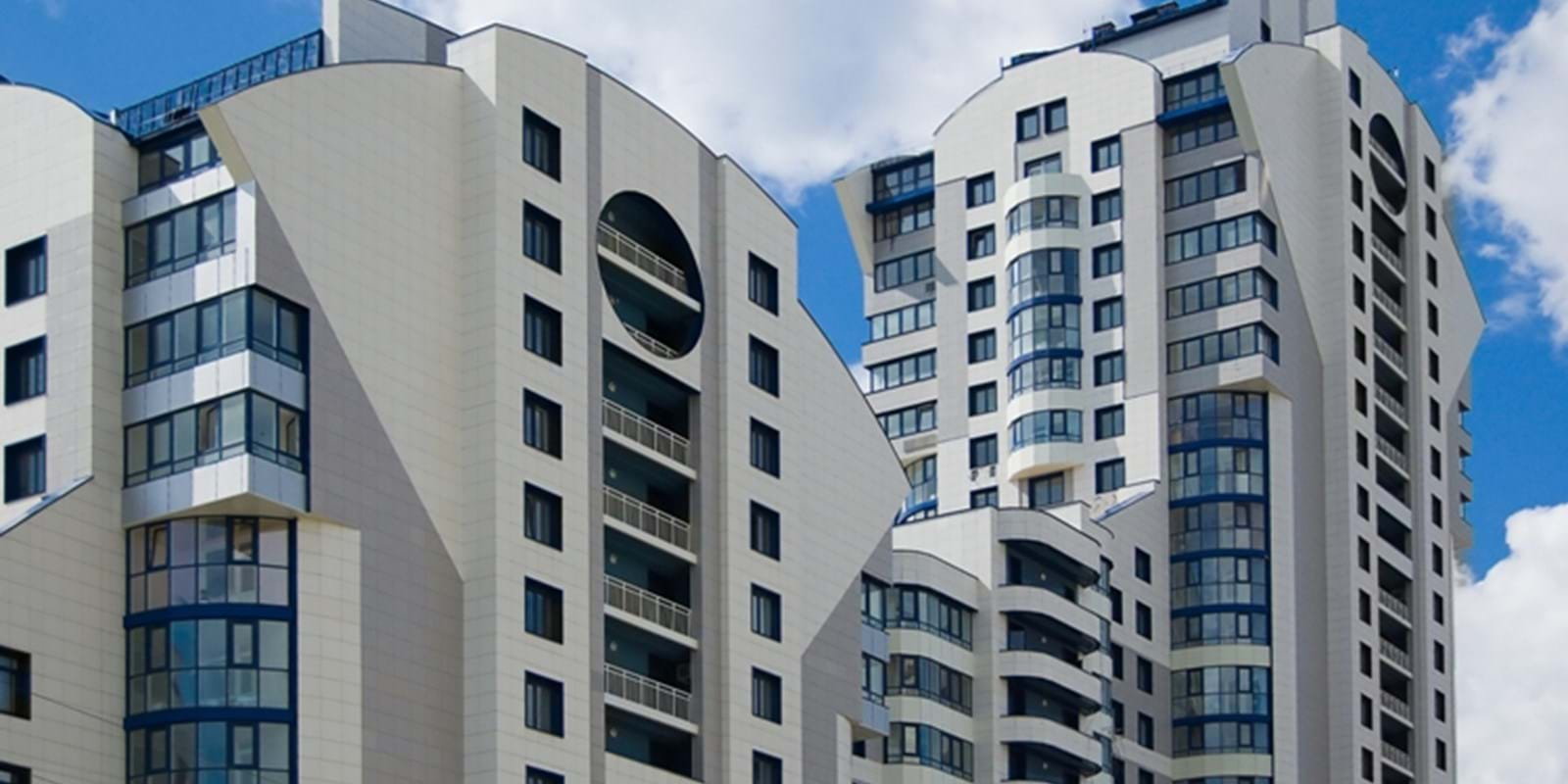Certain co-owners may decide to rent their condominium, but there are important points to consider.
For the co-owner, the right to rent his condominium is an integral part of his right of ownership: he can choose to live there, or to rent it in order to derive rental revenue from it. Except for precise stipulation in the lease, the tenant will have the pleasure of the fraction of the co-owner, including the additional rights (example: the use of the swimming pool, the terrace, or the parking space of the co-owner), and not only of the privative portion of the dwelling.
Abstraction made for exceptions justified by the destination of the building, the majority of the declarations of co-ownership indicate clearly the right of the co-owner to rent his fraction. Also, the majority of the declarations of co-ownership forbid the co-owner to transform his privative portion into a boarding house rented to several people.
However, the right to rent has its limits. The Courts recognize that the syndicate prohibits the renting of the short-term fractions (less than one year), if this prohibition is justified by the destination of the building. Such a regulation could be justified by the luxurious character of a building, as was judged by the Court of Appeal.[1]
The declaration of co-ownership of the building is opposable to the tenants of the fractions and certain provisions of the Civil code of Quebec take in particular account the presence of the tenant in the building of co-ownership.[2] The regulations of the building are opposable to the tenant or to all other occupants of a privative portion as soon as a specimen of the regulations or modifications which are brought to him is given to him by the co-owner or, failing this, by the syndicate.[3] The majority of the declarations of co-ownership impose on the co-owner the duty to give a copy of the regulations of the building to his tenant, and to stipulate in the lease, which the tenant will have to respect, all the regulations of the building.
To prevent that a co-owner rents his fraction without the knowledge of the syndicate and other co-owners, articles 1065 and 1070 of the C.c.Q oblige the co-owner to inform the syndicate of co- ownership of it. The syndicate must register the name and the address of the tenant in the register of co-ownership. Many declarations of co-ownership contain regulations of the building in the same sense as article 1065 of the C.c.Q.
Moreover, the majority of the declarations of co-ownership contain express provisions to the effect of which the co-owner is responsible for the detrimental acts of his tenant which rise, in the majority of the cases, from acts of the tenant that violate the regulations of the building.
The tenant cannot profit from rights larger than the ones of the co-owner himself. Consequently, restrictions imposed by the deed of partnership of the declaration of co-ownership (example: the destination of the privative portions, common and common to restricted use) are taxable to the tenant or to all other occupants. A tenant will not be able to enjoy the privative portion of the fraction of a co-owner, for example by running a business there, whereas this portion is for residential destination exclusively.
[1] Kilzi vs. Syndicat des copropriétaires du 10400 boul. l'Acadie, [2001]R.J.Q. 2401
[2] Articles 1057, 1065, 1066, 1070, 1079, 1789 and 1790 of the C.c.Q.
[3] Article 1057 of the C.c.Q.

